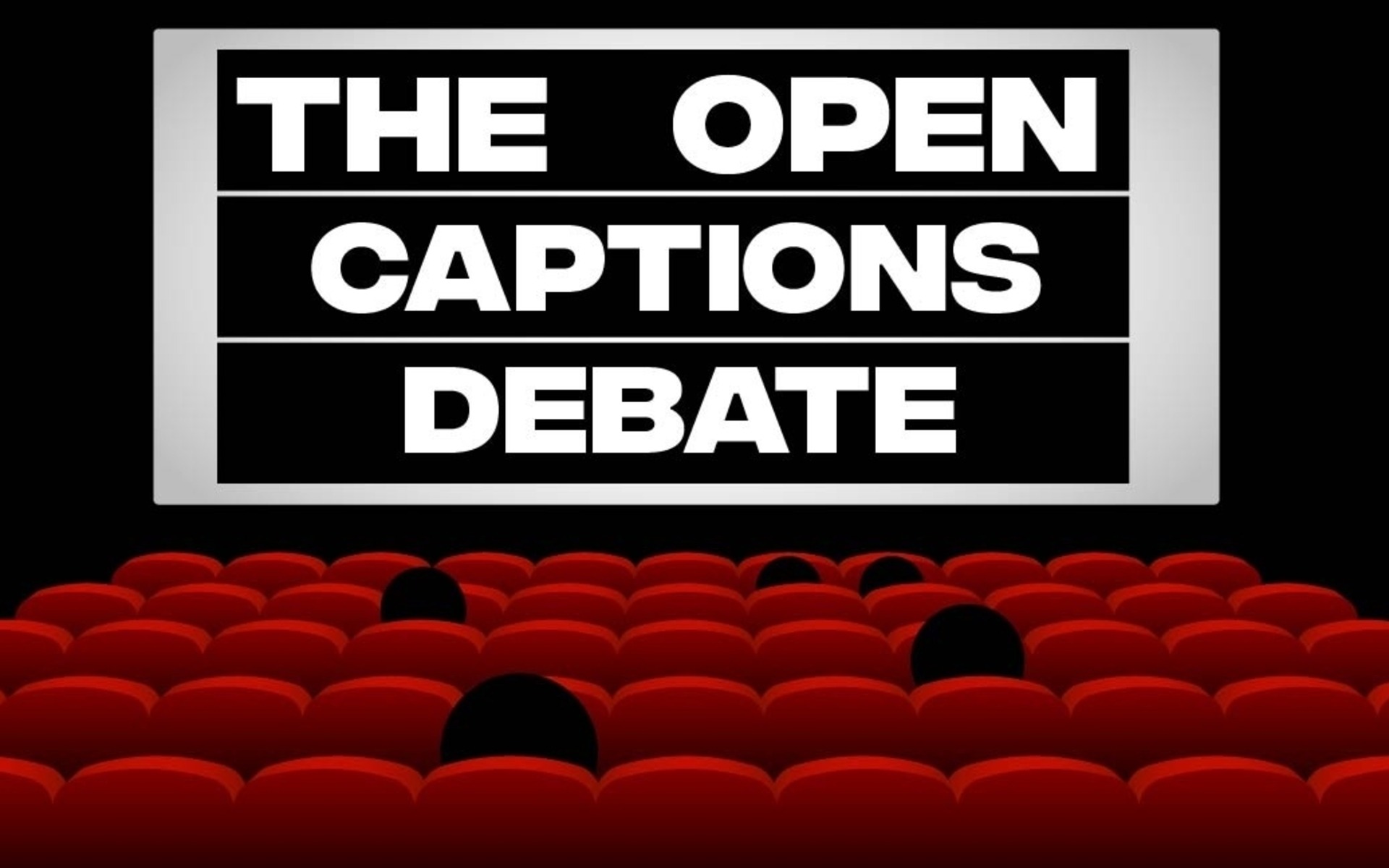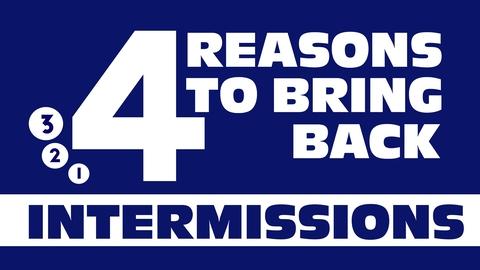



OCT 31, 2024
The Open Captions Debate Still Hangs Above Exhibitors' Heads
The Open Captions Debate Still Hangs Above Exhibitors' Heads
During the film “Magazine Daydreams” at the Sundance Film Festival in 2023, the panel of jurors decided to walk out in the middle of the screening. The reason for the dramatic gesture? Accessibility. The caption device provided to hearing-impaired juror Marlee Matlin failed, leaving Matlin without captioning which is crucial to understanding the film. As a show of solidarity, the entire panel decided to leave the screening, creating a buzz between filmmakers and advocacy groups everywhere that could grow to impact all U.S. theaters.
The jury for the Sundance Film Festival and advocacy groups have expressed concern about open captioning to filmmakers for years before this incident, citing language barrier issues and accessibility as the reasons for requiring open captioning. Although the filmmakers for “Magazine Daydreams” refused open captioning, the Sundance Film Festival provided accessibility equipment for hearing-impaired patrons. Sundance Film Festival released this statement in response to the controversy: “The screening device used to provide closed captions did not work at one of our Friday evening premieres. The jury left to see it together at another time during the festival. Our team immediately worked with the devices in that venue to test them again for the next screening, and the device worked without any malfunction.” Advocacy groups argue that open captions, which are burned into the film and cannot be removed, will reduce the need for accessibility devices and give everyone an inclusive film experience, free of malfunctions like the one mentioned above.
This scenario calls into question if the filmmakers are responsible for accessibility or if the venue showing the film is responsible. The Department of Justice and the ADA agreed on this issue, citing the venues responsible for accessibility under “The Final Rule." “The Final Rule” requires theaters to provide closed captioning and audio description devices to accommodate patrons who are deaf, hearing impaired, blind, or otherwise visually impaired. Two devices available to assist hearing-impaired individuals are Sony Entertainment Access Glasses and the Captiview device. Sony Entertainment Access glasses provide captions through the glasses that are overlayed on the screen. The Captiview device is a display that attaches to the seat with an adjustable arm, through which captions are transmitted. While these accommodations comply with the Final Rule, many hearing-impaired individuals experience discomfort with the accessibility devices and often report malfunctions. A common occurrence is that the equipment has not been used for some time when a hearing-impaired individual comes in for a movie. Oftentimes, the batteries are dead or the equipment has not been set up for the correct auditorium, causing the individual to miss their movie. Theater owners need to create a maintenance schedule for this equipment, marking regular dates on a calendar to check the batteries and test the equipment to ensure a positive experience for hearing-impaired individuals.
From the filmmaker’s perspective, providing open captioning on films can lead to higher labor costs, negatively impacting a film’s asking prices for distribution. Cost can be a major issue for filmmakers, as the industry already has a high barrier to entry. Higher costs lead to fewer films, which can be devastating for filmmakers and theaters alike. While closed caption films can toggle between providing captions to the audience and not, an open caption film can only be shown with captions, which can lead to audience loss. A study by Preply that surveyed 1,260 Americans found that 22% of viewers find subtitles more distracting than helpful, which could potentially be a large loss in business for theaters. It is also important to note that this study was done for at-home viewing, not for theatrical viewing.
In response to the open captioning debate, many lawmakers in the U.S. have already implemented open caption screening requirements in theaters, such as the District of Columbia, New York City, Hawaii, and Delaware. In these areas, theaters are required to show open captions on a portion of their screenings. This could lead to a nationwide requirement for open captioning showings. Large theater chains such as AMC have decided to preempt this possibility and have added open captioning showings to over 100 theaters in the U.S. For our smaller theaters and franchises, a regularly scheduled closed caption screening during the run of the film can create a more inclusive environment for hearing-impaired individuals without the need for accessibility equipment.
If you are interested in learning more about accessibility options for your theater, please reach out to us at Clark Film Buying. Our knowledgeable staff can provide insight into accessibility devices, open captioning, and much more.

